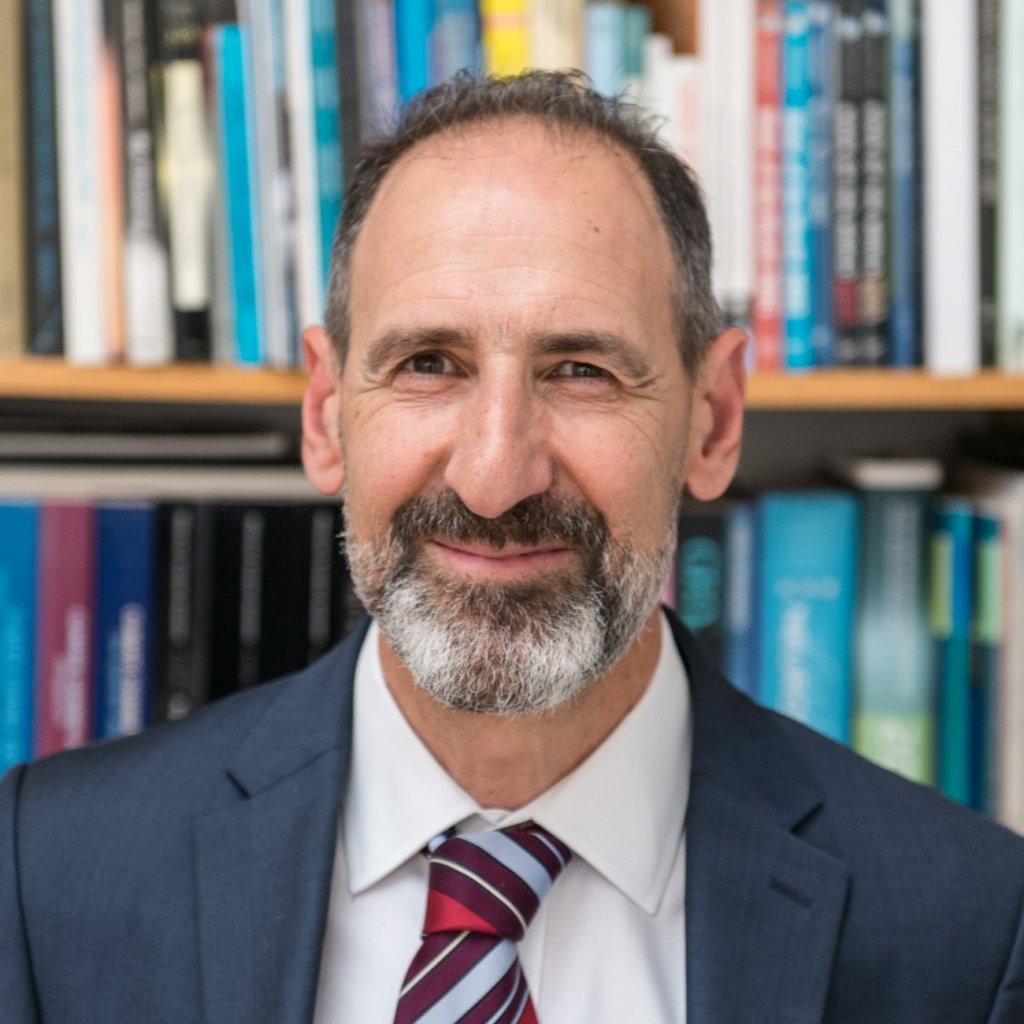The annual conference of the Global Research Council (GRC) at the end of May in Interlaken, Switzerland, brought together 60 research funders from 53 countries. The institutions that participate regularly in the GRC have a total budget of over 80 billion dollars, expressed in purchasing power parity (World Bank), which they use to finance research activities. The two co-hosts of this event of international interest stand for cooperation between the Global North and the Global South: on the one hand the Swiss National Science Foundation (SNSF) with over 70 years of activity as a research funding institution, on the other hand the still-young FONSTI – Fonds National pour la Science, la Technologie et l’Innovation, based in Ivory Coast. The main players on the global research scene met for one week in the Bernese Oberland and discussed the research of tomorrow.
International networking in the spotlight
For the Swiss research location, the event was an opportunity to focus global attention on Switzerland’s research activities in the field of sustainable development. Matthias Egger, President of the SNSF Research Council, comments as follows:
“We are living in dynamic times with fast-paced change and global challenges. It is our responsibility to contribute to the goals of sustainable development through cooperation in research.”
Matthias Egger, President of the SNSF Research Council
Yaya Sangaré, Secretary General of Fonds National pour la Science, la Technologie et l’Innovation remarked that it is particularly important that finding solutions to our challenging times take place on equal terms:
“As representatives of the Global South we believe it is important that we not only benefit from the experience of our partner organizations but that we can also contribute our view as countries of the Global South. We view our partnership with Switzerland as a model for future North-South cooperation in the GRC”.
Yaya Sangaré, Secretary General of FONSTI
Focus on sustainable research
Over the four days of the conference (27-30 May), the participating organizations mainly addressed the topic of sustainable research. Here, the focus was on aspects of research on sustainable development that contribute to achieving the Sustainable Development Goals of the United Nations.
At the same time, the participants discussed how to make research itself more sustainable. Gabriela Wülser from the Swiss Academy of Sciences (SCNAT) comments:
“We also have to ensure that research culture changes. Here it is important to focus on the sustainability of research practice.”
Gabriela Wülser, Swiss Academy of Sciences
Message from the ISC CEO

“It’s been an engaging conference, and I’m pleased to have met with many colleagues from the funding community who understand the critical importance that transdisciplinary research funding plays in addressing our many global challenges. I’m looking forward to continuing those discussions, particularly on the issue of funding for sustainable development and mission based science”.
Salvatore Aricò – Chief Executive Officer, International Science Council
Results of the GRC conference
The consensus of the participating organizations is reflected in the Statement of Principles published by the GRC after the conference. Some of the key points relating to Research for sustainable development are:
- Research funders recognize their role and bear responsibility for ensuring that research contributes to sustainable development.
- The international, multilateral cooperation between financial backers and researchers will be supported; global challenges require cross-border cooperation between equal partners.
- Applied research requires financial support that is sufficiently flexible and permits longer time horizons.
- Research must include various perspectives from society so that its contribution to sustainable development will succeed in the long term. Researchers require specific skills for this.
- Researchers and their funding institutions engage in a dialogue with society; they recognize its needs and include these in their work.
- Researchers build up trust through credible, traceable action.
The Statement of Principles also stipulates that research itself should be more sustainable:
- Research funders are aware of their influence on scientific systems and are setting a good example, e.g. by creating incentives for sustainable practices in conducting research projects (mobility, waste management, gender equality, social integration, quality before quantity, employment conditions).
- Research funders pool their resources and ensure a greater and longer-term impact; they also make shared use of tried-and-tested processes.
- They promote open science as the basis for disseminating research results; and they guarantee effective administration, use and reuse of research data as well as secure global access to research publications.
The Vice Chair of the GRC Governing Board and President of the German Research Foundation (DFG), Katja Becker, mentions another key finding:
“It is right and proper for research to open up to and to represent the needs and interests of society in many places. The GRC supports research funders around the world in making an important contribution and taking responsibility for future generations.”
Katja Becker, German Research Foundation (DFG)
Image: ISC CEO Salvatore Aricò with ISC Fellow Orakanoke Phanraksa; Assoc. Prof Patamawadee Pochanukul, Director of Thailand Science Research and Innovation (TSRI); Assoc. Prof. Pongpan Kaewtatip, Vice President TSRI; and Luntharima Prommi, Programme Officer TSRI.
Reporting by Laura Tejada at SNSF
The post Global Research Council concludes its annual conference in Switzerland appeared first on International Science Council.